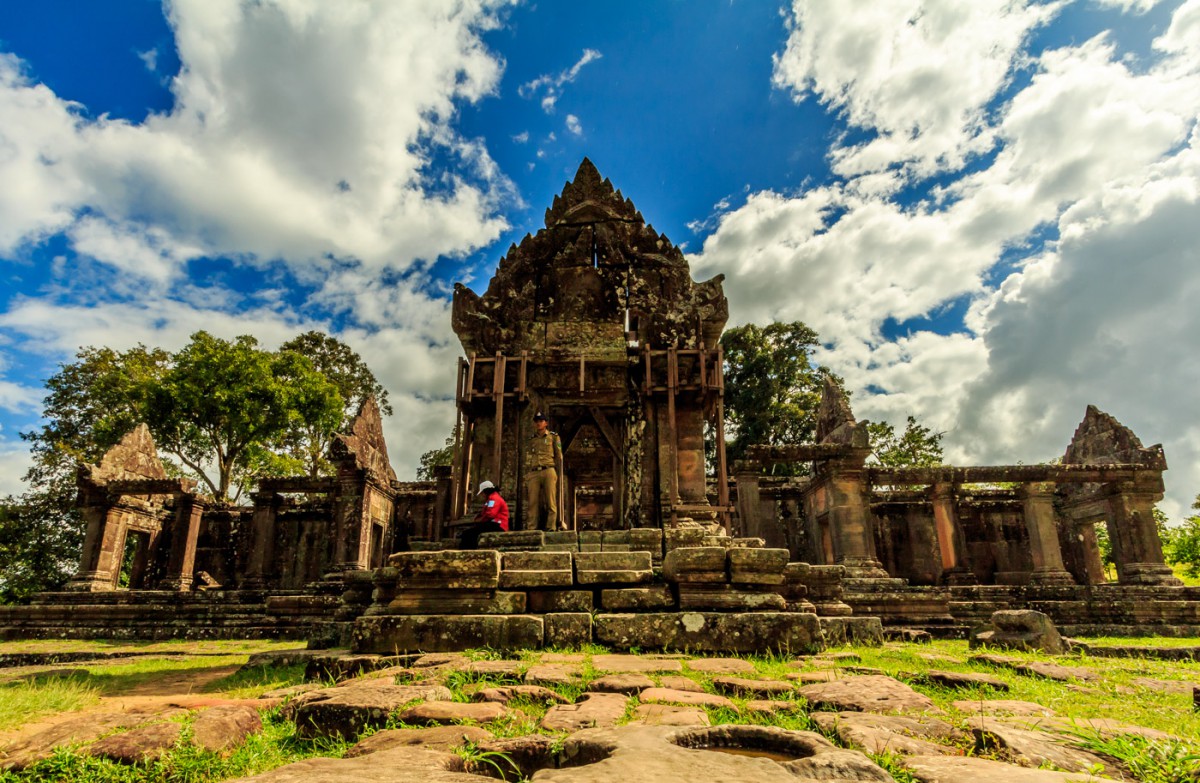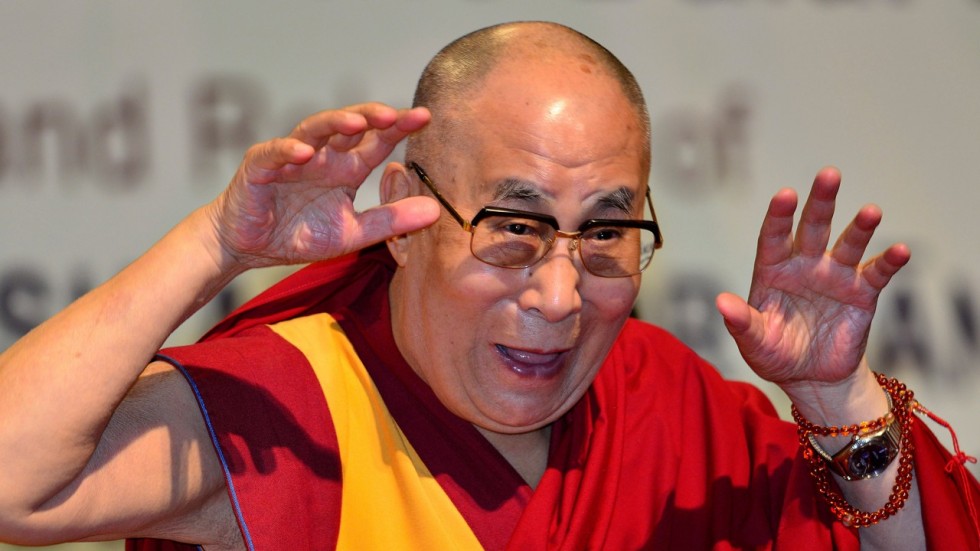HAF Lauds Significant Improvements in Virginia Curriculum Frameworks | Hindu American Foundation (HAF)
HAF Lauds Significant Improvements in Virginia Curriculum Frameworks
Washington, D.C. (January 28, 2016) – Leaders of the Hindu American Foundation (HAF) applauded the Virginia Board of Education’s adoption of new history and social science curriculum frameworks, which significantly improved upon the previous versions of the draft.
HAF had previously worked with the Virginia Department of Education to improve language in their history-social science standards of learning and had met with Board members and DOE staff numerous times over the past two years. The conversations and public testimony led to changes in the history-social science standards of learning in March 2015.
Since November, HAF and members of Virginia’s Hindu community, along with academic experts, submitted comments on ways to improve language in the frameworks, which are used to shape local curriculum across the Commonwealth and textbook content.
Members of Hindu temples such as the Durga Temple of Fairfax, Va., were among those who offered comment during the process. Virginia is just one of a handful of states that still has statewide standards of learning and curriculum frameworks, as most states now let local districts develop their own curriculum.
Among the changes was a section that nuanced India’s origins. The changes are seen below:
| 2008 Version (essential understanding) | Nov. 2015 Draft (essential understanding) | Final Draft adopted Jan. 2016 (essential understanding) |
| Classical Indian civilization began in the Indus River Valley and spread to the Ganges River Valley, then through the Indian subcontinent. It continued with little interruption because of its geographic location. The Indo-Aryan people migrated into the area, creating a rigidly structured society (caste system) and blended their beliefs with native beliefs those of the indigenous people. During the Golden Age of classical Indian culture, Indian people made significant contributions to world civilization. | Classical Indian civilization began in the Indus River Valley, spread to the Ganges River Valley, and then spread throughout the Indian subcontinent. This spread continued with little interruption because of the geographic location. Historians are divided over the origins of the Indian society and the “caste system,” debating whether it was a product of Aryan invasion and dominance or of indigenous interpretations and interactions with southern cultures. | Classical Indian civilization began in the Indus River Valley, spread to the Ganges River Valley, and then spread throughout the Indian subcontinent. This spread continued with little interruption because of the geographic location. Historians are divided over whether migrations occurred or whether Indian civilization grew from within, but agree that Harappan civilization and the Vedic period shaped Indian society. |
The new changes also highlight Hinduism’s role as a global religion, rather than one limited to India. Previously, the description in Standard WHII.15b read:
Hinduism: Concentrated in India
It has since been changed to:
Hinduism: Concentrated in India but has spread to the West Indies, Europe and North America
The language also included more nuanced language about varnas and jatis.
Murali Balaji, Ph.D, HAF’s director of education and curriculum reform, who testified before the Board voted on the new frameworks, said the new frameworks struck a balance between accuracy and cultural competency.
“This is a significant victory for Virginia schoolchildren, educators, and academics who have been pushing for more accurate descriptions of India and Hinduism,” Balaji said. “We were pleased to have worked with the Board and Department of Education staff to come to a product that is both historically accurate and culturally competent. We don’t think accuracy and cultural competency should be mutually exclusive.”
HAF will continue to work with the Commonwealth to ensure that the updated curriculum is understood and applied in classrooms across the Commonwealth. HAF presents annually at the Virginia Council for the Social Studies, and has trained over 200 Virginia teachers since 2013.











